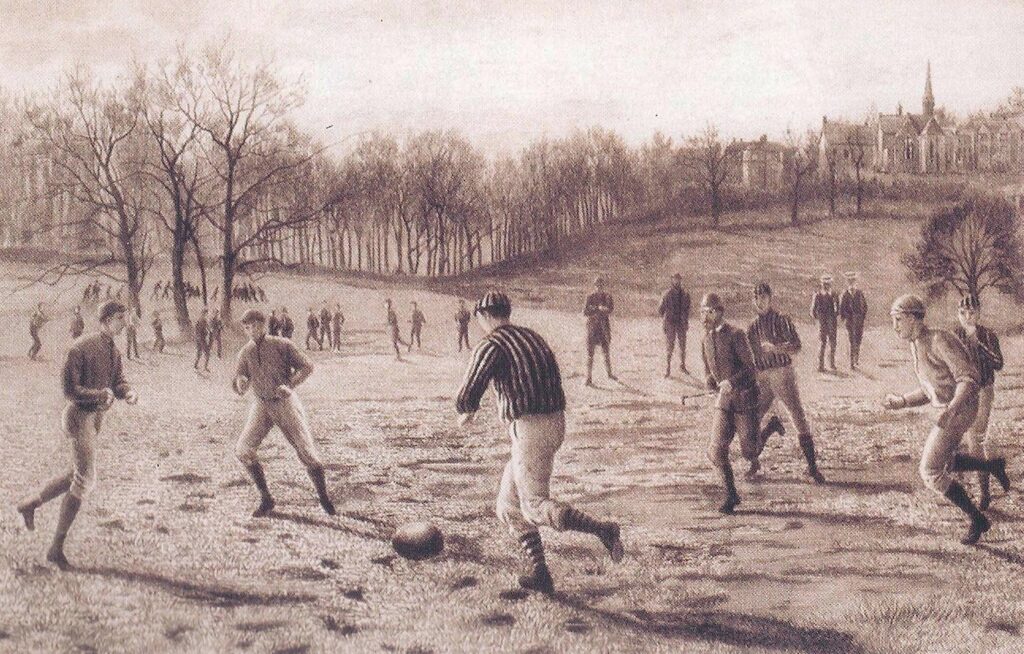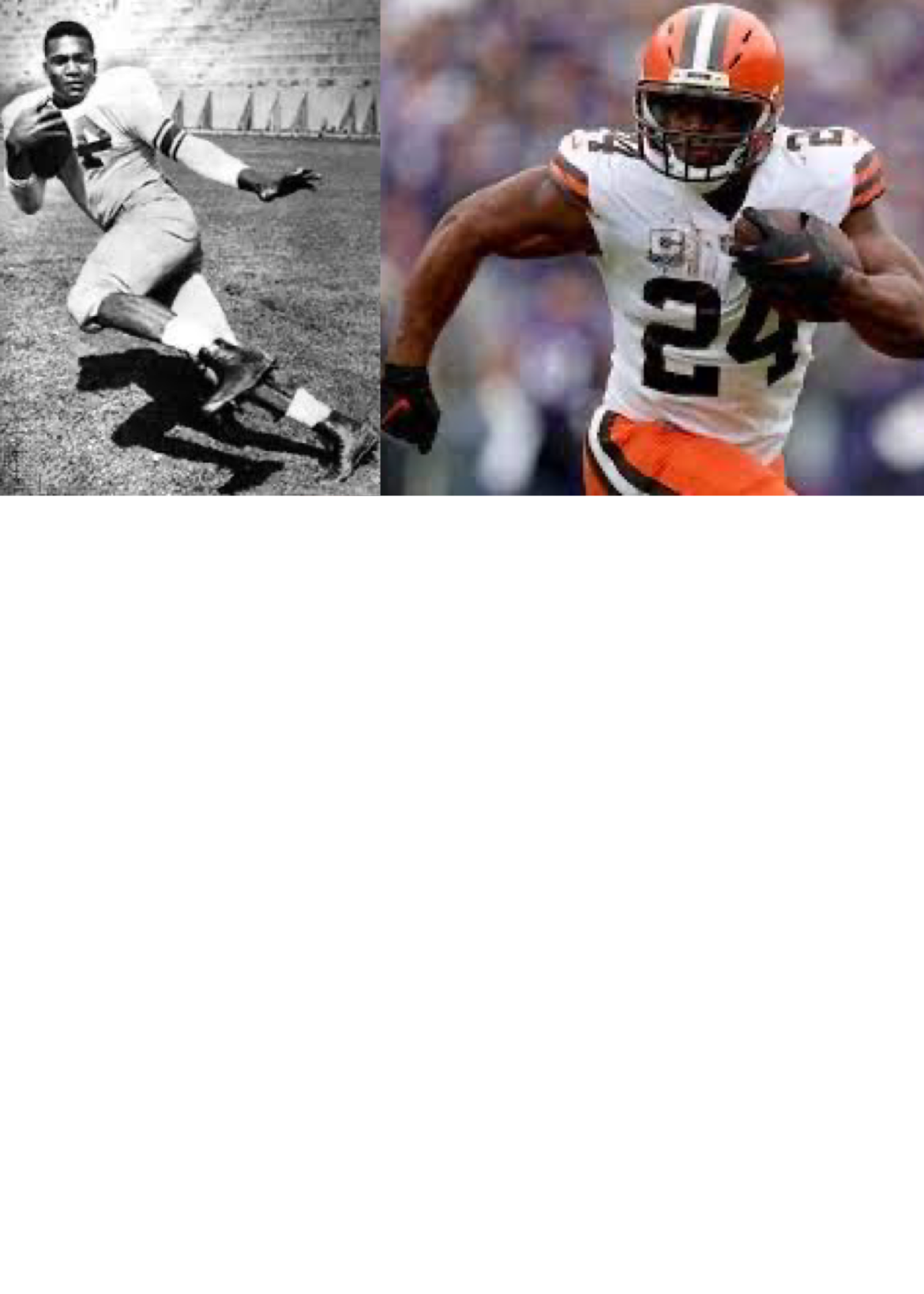Language is a powerful tool that evolves and adapts over time, reflecting the cultural intricacies and historical interactions between different nations. One such linguistic curiosity is the usage of the term “soccer” to refer to the sport known as football around the globe. To understand why Americans adopted this distinctive terminology, we must embark on a journey back in time to explore the complex relationship between Britain and the United States. Surprisingly, it is indeed Britain’s fault that Americans call football “soccer.”
The Football vs. Soccer Dilemma: In modern-day America, the word “football” predominantly conjures images of helmeted warriors battling it out on the gridiron. However, in almost every other corner of the world, football represents a sport played with a round ball and the use of feet. So, how did this discrepancy come to pass?
British Influence:
The roots of American football and soccer can be traced back to the British Isles, where football was popularized during the 19th century. In England, football became a standardized game codified by the Football Association (FA) in 1863. Meanwhile, an alternate version of the game, known as rugby football, emerged as a separate sport.
The British diaspora and cultural exchange brought both versions of the sport to different parts of the world, including the United States. However, it is crucial to note that during this time, the term “soccer” did not exist. Instead, the sport was universally referred to as “football.”

The Rise of Association Football:
The United States had a long-standing sporting tradition that embraced various codes of football, including rugby and association football (soccer). However, it was the rise of the sport now known as American football that led to the differentiation of terminologies.
In the late 19th century, American universities began adopting a modified version of rugby football that incorporated elements of soccer. This version gradually evolved into American football. To distinguish it from soccer, which was also played at the time, Americans adopted the term “soccer” as an abbreviation of “association football.”
Language Shift and Cultural Identity:
As American football gained popularity, the linguistic shift became more pronounced. While the term “soccer” was used interchangeably with “football” in the early 20th century, American football gradually became the dominant code, leaving soccer to take on a more niche status.
Factors such as national identity, cultural assimilation, and the growth of other popular American sports further reinforced the divide between football and soccer. Over time, “soccer” became firmly entrenched in American vocabulary, while “football” came to refer exclusively to American football.
ConclusionIn Retrospect:
Blaming Britain entirely for the American usage of “soccer” would be unfair. The evolution of language is a complex interplay of historical, cultural, and societal factors. However, it was the distinct development of American football that necessitated the differentiation of terminologies, resulting in the adoption of “soccer” as a distinct term.
As language continues to evolve, it is essential to appreciate the richness of linguistic diversity and the fascinating historical connections that shape it. Regardless of the terminology, both football and soccer continue to captivate and unite people around the world, reminding us of the profound influence that sports and culture hold in our lives.



